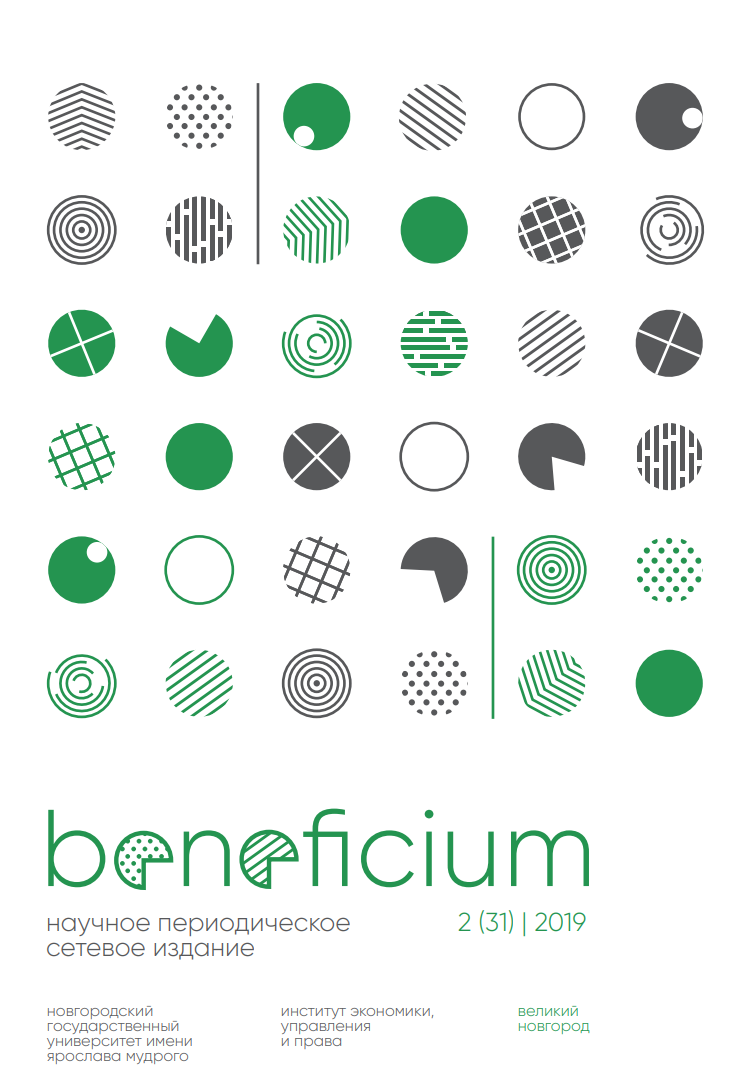BIKAMERALISM IN THE COUNTRIES OF THE BRITISH COMMONWEALTH OF THE NATIONS: RETROSPECTIVE ANALYSIS
Abstract
The article discusses the evolution of bicameral legislatures of the British Commonwealth Countries in the twentieth century in the context of transforming the British Empire and the world experience of refusing or reducing the role of the Upper Houses of parliaments. In contrast to the tendency of many countries of the world, including European, to reformat representative bodies of power towards unicameralism due to the loss of dominance in government by the aristocracy, most Commonwealth countries use the bicameral principle of organizing parliament, similar to the British model. The author traces changes in the structure of parliamentary organization in the metropolis itself under conditions of de jure restriction of the Upper House position (prohibition of judicial powers and the application of an absolute veto on bills of the Lower House, the elimination of the principle of heredity in the formation of the house, etc.) and the spread of the so-called Salisbury doctrine defining the secondary role of the House of Lords in relation to the House of Commons. The paper analyzes changes in bicameral parliamentarism in different Commonwealth Countries related to the transformation of the status of the constituent parts of the British Empire from the position of colonies, dominions and protectorates to independence in the organization of power after the Westminster Statute of 1931. The reasons for the rejection of the bicameralism in unitary states of the Commonwealth by analogy with the parliaments of countries outside the British world in the second half of the twentieth century are studied also. On the example of the organization and basic principles of the functioning of the parliaments in the Commonwealth Countries, the general and special features of the interaction of the lower and upper houses and the role in the system of state power as a whole are investigated.









